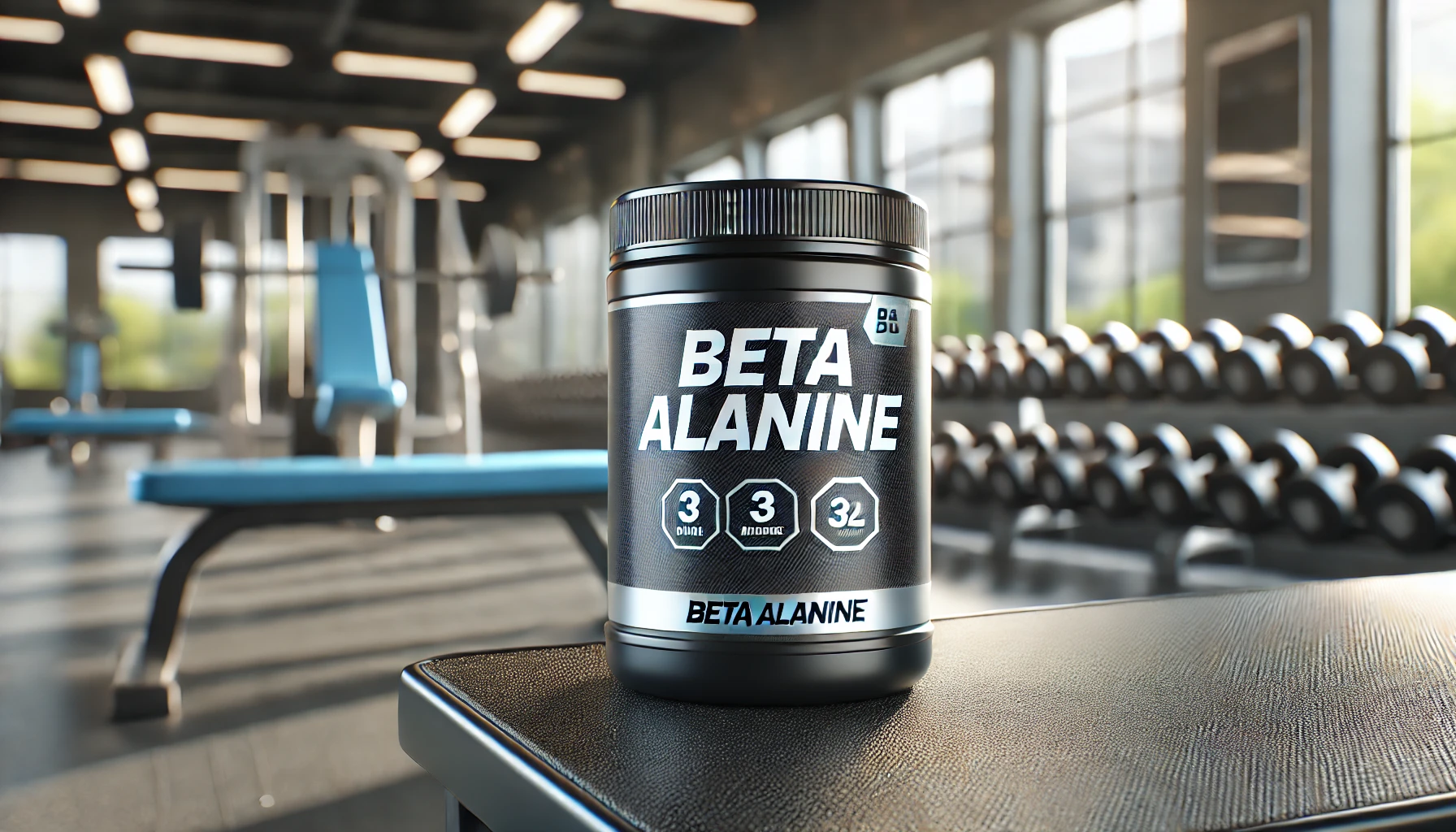Health Notice: This article was written using the Consensus AI Academic Search Engine. It is intended solely for informational purposes and should not be considered medical advice. Always consult a licensed healthcare provider for diagnosis, treatment, or medical guidance. Please refer to the full Disclaimer at the end of this article.
Beta-alanine is a popular supplement for enhancing muscle performance, endurance, and strength, particularly in high-intensity, short-duration activities. It has shown benefits in various sports and may have therapeutic potential for elderly individuals and patients with COPD. However, users should be aware of potential side effects like paresthesia and changes in blood parameters, and recognize that its ergogenic effects may not be universal. As with any supplement, it is advisable to consult with a healthcare provider before starting beta-alanine supplementation.
Beta-alanine is a non-essential amino acid that has garnered significant attention in the sports and fitness community for its potential ergogenic benefits. It is primarily known for its role in increasing muscle carnosine levels, which can enhance performance in high-intensity exercise. However, like any supplement, beta-alanine comes with its own set of potential risks and side effects. This article explores the uses and risks associated with beta-alanine supplementation.
Uses of Beta-Alanine
Enhancing Muscle Performance
Beta-alanine is widely used to improve muscle performance, particularly in activities that involve high-intensity, short-duration efforts. Studies have shown that beta-alanine supplementation can significantly increase muscle carnosine content, which acts as a buffer against muscle acidosis, thereby delaying fatigue2 8. For instance, trained sprinters who supplemented with beta-alanine showed increased muscle carnosine levels and improved performance in repeated bouts of exhaustive dynamic contractions2.
Improving Endurance and Strength
Beta-alanine has also been found to benefit endurance athletes. In a study involving highly trained cyclists, beta-alanine supplementation improved isokinetic force and cycling performance, suggesting its potential to enhance both endurance and strength9. Similarly, beta-alanine supplementation improved sprint performance at the end of an exhaustive endurance exercise bout, highlighting its utility in endurance sports that require a final sprint8.
Benefits for Specific Sports
Beta-alanine supplementation has shown positive effects in various sports contexts. For example, professional alpine skiers experienced improved explosive and repeated jump performance after beta-alanine supplementation, which could be attributed to enhanced muscle contractility and increased aerobic energy production4. Female basketball players also benefited from reduced lactate accumulation following exhaustive exercise, although no significant ergogenic effects were observed5.
Potential Therapeutic Uses
Beyond athletic performance, beta-alanine has been investigated for its potential therapeutic benefits. In elderly individuals, beta-alanine supplementation significantly increased physical working capacity by delaying the onset of neuromuscular fatigue, which could have implications for fall prevention and maintaining independent living7. Additionally, beta-alanine supplementation in patients with chronic obstructive pulmonary disease (COPD) showed promise in augmenting muscle carnosine and improving exercise capacity3.
Risks of Beta-Alanine
Paresthesia
One of the most commonly reported side effects of beta-alanine supplementation is paresthesia, a tingling sensation often described as tickling. This side effect is generally mild and transient, with most subjects reporting a visual analog scale (VAS) score of less than 3/101. However, it can be uncomfortable and may deter some individuals from continuing supplementation.
Changes in Blood Parameters
High doses of beta-alanine can lead to changes in blood parameters. A study involving recreationally trained men found statistically significant increases in serum triglycerides, LDL-cholesterol, and urea nitrogen after 30 days of high-dose beta-alanine supplementation, although these changes were not significantly different from the control group1. These findings suggest that long-term, high-dose beta-alanine supplementation may require monitoring of blood parameters.
Lack of Ergogenic Effect in Some Contexts
While beta-alanine has shown benefits in many sports, it does not universally enhance performance. For instance, a pilot study on collegiate rugby athletes found no significant impact of beta-alanine supplementation on body composition, muscular strength, endurance, or intermittent sprinting performance6. Similarly, beta-alanine did not conclusively improve 2,000-m rowing-ergometer performance in well-trained rowers10.
Disclaimer
The content in this blog post was generated using Consensus, an AI-powered academic search engine, and is based on publicly available scientific literature. While we strive to provide accurate, up-to-date, and well-researched information, this content is intended for informational and educational purposes only.
It does not constitute medical advice, diagnosis, or treatment. Always consult a qualified healthcare professional before making decisions related to any medical condition, treatment, or medication.
The AI system’s analysis may not account for all perspectives, ongoing research, or individual circumstances, and should not replace professional expertise. Neither the blog publisher nor the developers of the Consensus AI tool are liable for any decisions or actions taken based on this content.
Use of this information is at your own risk. Where provided, citations link to original scientific studies for reference only—these should be reviewed independently and interpreted with the support of a qualified medical or research professional.
If you are experiencing a medical emergency, please seek immediate care from a healthcare provider or call emergency services.
